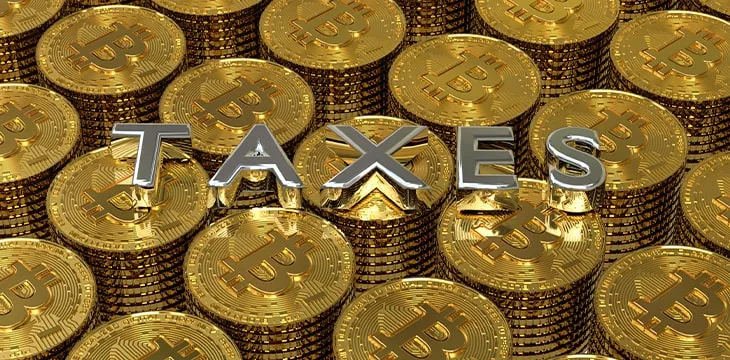|
Getting your Trinity Audio player ready...
|
India’s Union Budget for the 2022-23 fiscal year introduced the classification of digital currencies as virtual digital assets (VDAs) for tax purposes. However, experts have pointed out that their treatment is quite different from other assets.
According to Archit Gupta, founder and CEO of India-based digital currency tax filing startup Clear (formerly Cleartax), India’s tax regime for digital assets has some intricacies that need to be threaded with caution. He explains these to Financial Express, an Indian financial news vendor.
Gupta explains that the law has to be applied to each digital asset an investor holds. This means that each clause in the law, including the payment of a 30% income tax flat rate on profit, must be applied to each VDA.
He also explains that there is no offset of losses applied to individual digital assets. For this, losses arising from the trade of one digital asset cannot be offset with profits from another. He cites an example saying losses from a Bitcoin transaction cannot be offset with profit from an NFT trade.
“If you have a loss from the transfer of crypto in one financial year, it cannot be carried forward to the next year to set off against future gains,” he added.
He also warned that digital currencies earned through airdrops and gaming may fall into the law’s provision for gifts and may be taxed as such in the hands of the recipient.
While noting that the law is not yet entirely clear, especially in defining what a “transfer” entails, he recommends that all Indian digital assets investors prepare to file their taxes in advance.
The impact of India’s tax regime on digital assets
Since the tax laws came into effect on April 1, it has had a marked impact on India’s digital assets market and industry. Observers noted an 80-90% drop in trading volumes among India’s top digital currency exchanges.
The slowdown also reached the value of digital assets in the country, as they saw a 60% drop in the aftermath of the implementation of the law. Some say the exorbitant tax rate will ultimately lead to a brain drain for startups and an exodus of investors.
This has been shown in the rapid exit of Coinbase (NASDAQ: COIN) from the Indian market days after it began operations. Meanwhile, the government does not seem to be reconsidering its stance and is even mulling over introducing a 28% Goods and Services Tax (GST) on digital currency transactions.
Watch: The BSV Global Blockchain Convention panel, Blockchain in Middle East & South Asia
https://www.youtube.com/watch?v=RzSCrXf1Ywc&t=11677s

 08-15-2025
08-15-2025 





